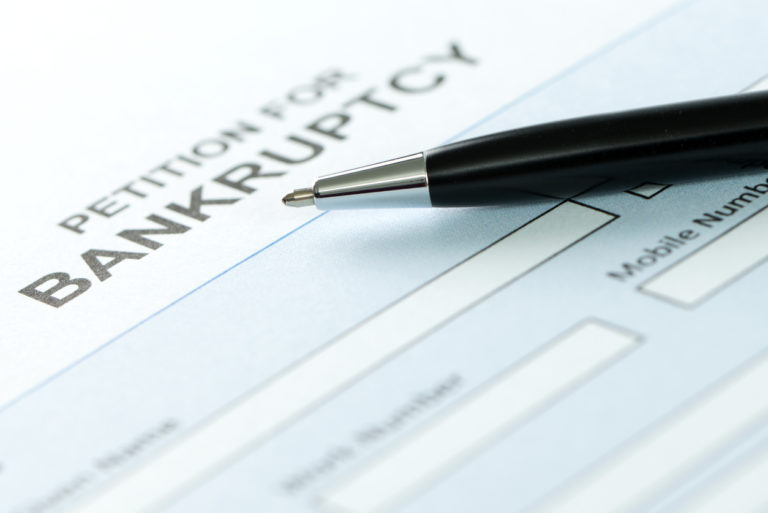Filing for bankruptcy is never a fun process. Even considering whether or not bankruptcy is the best option for you may cause a certain level of anxiety. Not to mention: add the stress of the current pandemic on top of the stress surrounding a bankruptcy filing, and it’s not a surprise why you may feel bummed.
However, the process of filing for Chapter 7 Bankruptcy, Chapter 13 Bankruptcy, or any form of bankruptcy during the COVID outbreak doesn’t need to be overwhelming. When taken step by step and with sufficient guidance, the process can be completed swiftly and as painlessly as possible.

Unknown to many Americans are the changes currently made to bankruptcy law, as stated in the recently enforced CARES Act (the Coronavirus Aid, Relief, and Economic Security Act). There are important revisions to the bankruptcy code in the U.S. that may affect your potential bankruptcy filing.
The CARES Act was signed into effect on March 27th 2020 and includes $2.2 trillion worth of relief to individuals, families, and business suffering from the economic consequences of the current pandemic. Nestled into the changes alongside the stimulus, unemployment benefits, and small business relief are changes to the Chapter 7 and Chapter 13 Bankruptcy filings.
As part of the CARES Act, a new portion of Subchapter 5 was added to the Small Business Reorganization Act (SBRA) to lower the cost and expense for small businesses that are reorganizing under Chapter 11 filing. Originally, if a small business wished to qualify under SBRA, the total of their secured and unsecured debts could not exceed $2,725,625. However, section 113 was added to the CARES Act to increase the debt limit to $7.5 million.
This increased debt limit applies to cases filed after the CARES Act went into effect and is valid for up to one year after the CARES Act becomes effective. After that point, the debt limit will return to its previous cap.
This change is very important due to its ability to allow for more businesses to qualify for a potential Chapter 11 Bankruptcy filing. The increased potential to qualify is likely to be warmly welcomed, given the currently difficult economic situation many businesses are facing due to the COVID pandemic.

Other, subtle and important changes have also been made to bankruptcy laws; if more information is needed – or if clarification on the existing information is needed, it’s best to speak with a qualified Bankruptcy Attorney who can help walk you through the process and determine what the best options are for you!
The Health, Economic Assistance, Liability Protection and Schools (HEALS) Act was recently unveiled, yet continues to be argued over (rather than passed) by members of both the Republican and Democratic parties.
Some elements of the proposed HEALS Act include: another round of stimulus checks, continuing unemployment benefits, aiding schools, and helping out the United States Postal Service. Stay tuned for how the HEALS Act may affect your own financial situation.